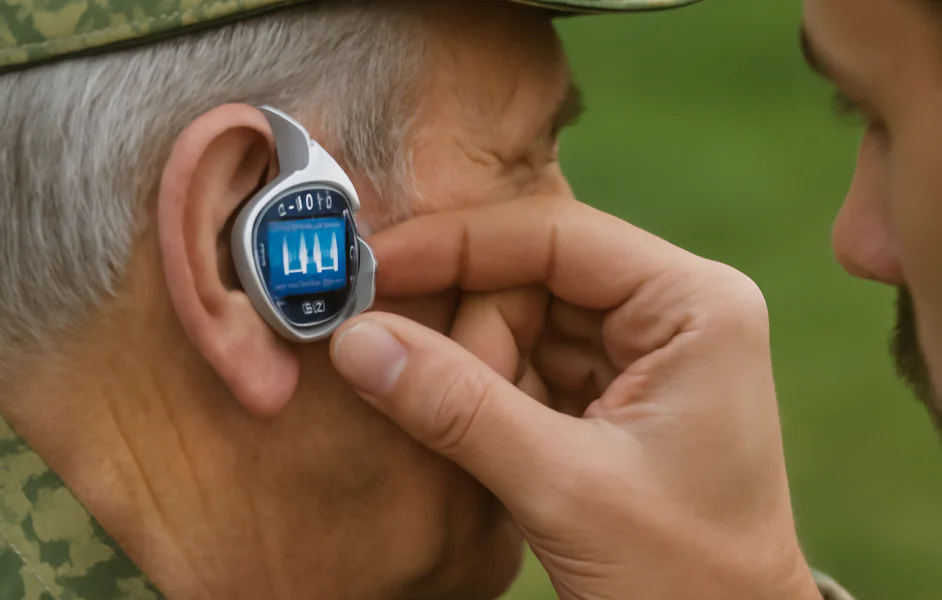Unite
1M
90

Image Credit: Unite
From Isolation to Inclusion: Empowering Veterans with Smarter Hearing Tech
- Over three and a half million US veterans have government-recognized hearing damage, impacting their communications, psychological health, and ability to return to civilian life.
- New AI-powered hearing technologies are providing innovative solutions for veterans with hearing damage, reshaping access and outcomes emotionally and socially.
- Hearing loss is a prevalent disability among military personnel, affecting many at a young age and leading to challenges in communication and mental health.
- Tinnitus, often associated with hearing damage, causes isolation and depression, compounded by PTSD, making reintegration into civilian life even more challenging.
- Veterans, like civilians, tend to delay seeking treatment for hearing loss due to stigma, visibility concerns, and associations with aging.
- The VA offers support, but faces challenges in providing effective assistance due to bureaucratic red tape, lack of awareness, and stigmas.
- Alternative technologies like AirPods and AI-powered tools are expanding access to discreet, effective, and affordable hearing solutions for veterans and civilians.
- AI innovations, such as captioning tools and real-time transcription, empower users to communicate effectively without disclosing their hearing status.
- Companies like Google, Apple, and Microsoft are leading the way in incorporating accessibility features into everyday tech to improve hearing accessibility.
- Raising awareness and normalizing assistive tech for hearing loss can help veterans regain confidence, independence in communication, and seek timely intervention.
Read Full Article
5 Likes
For uninterrupted reading, download the app